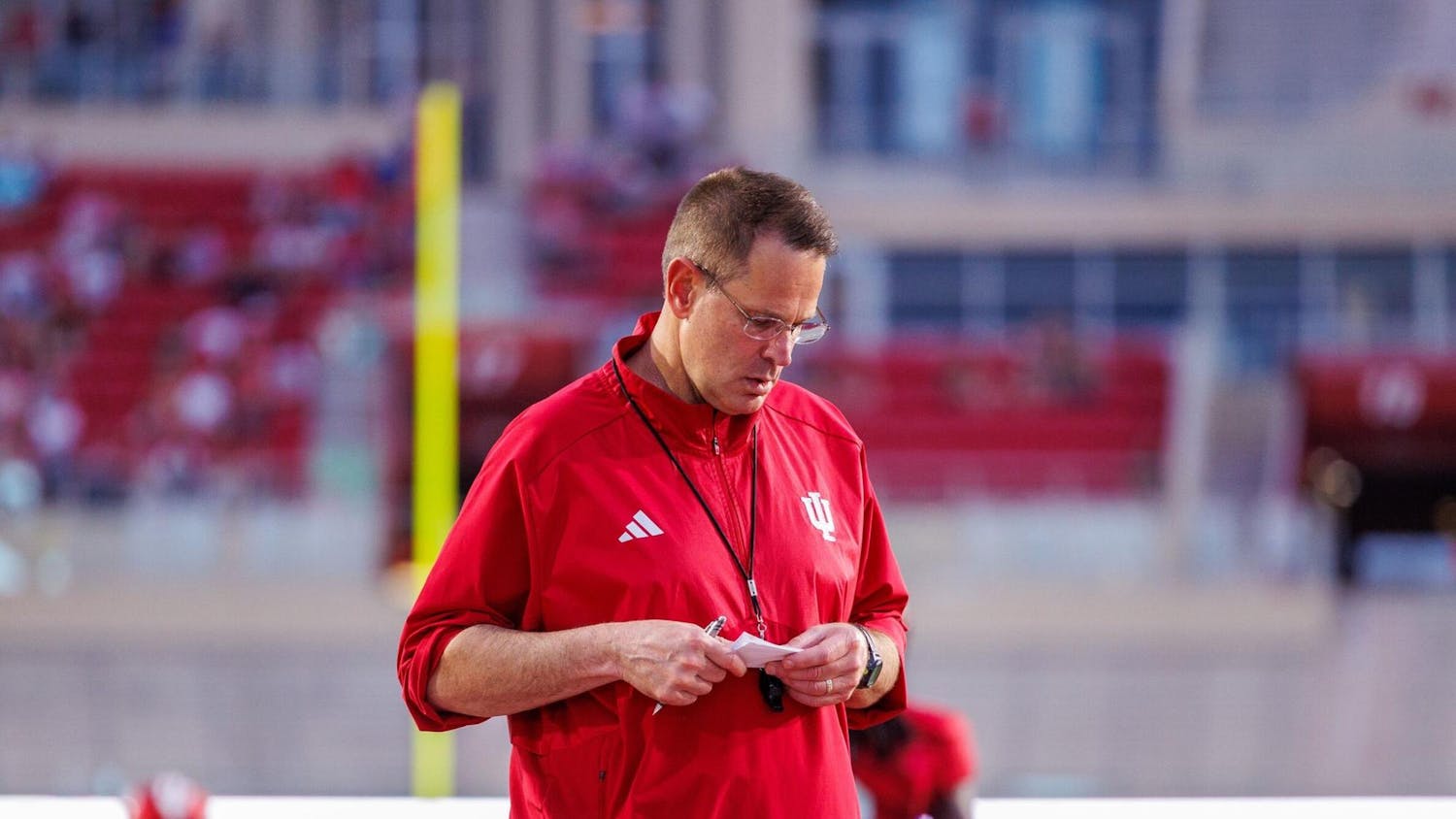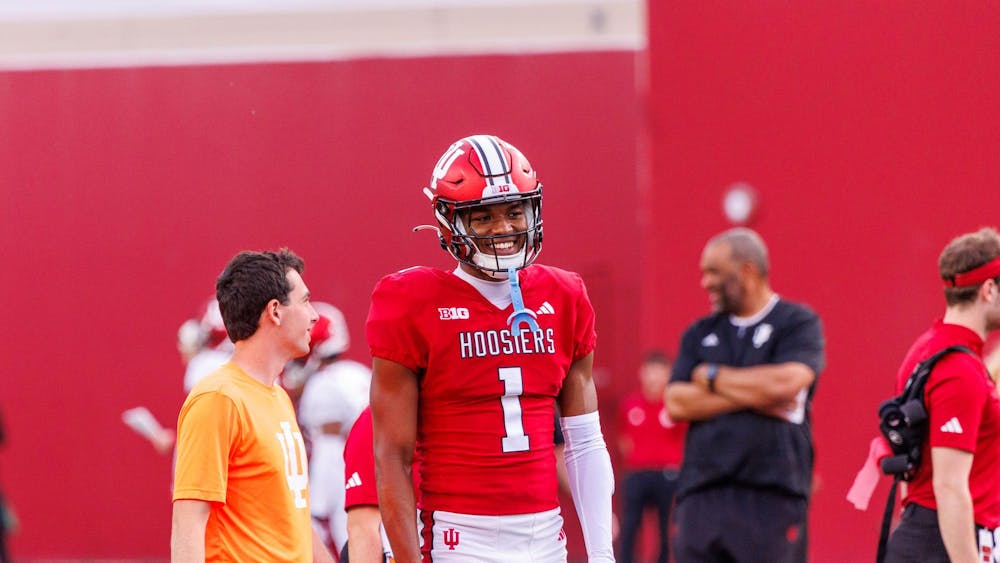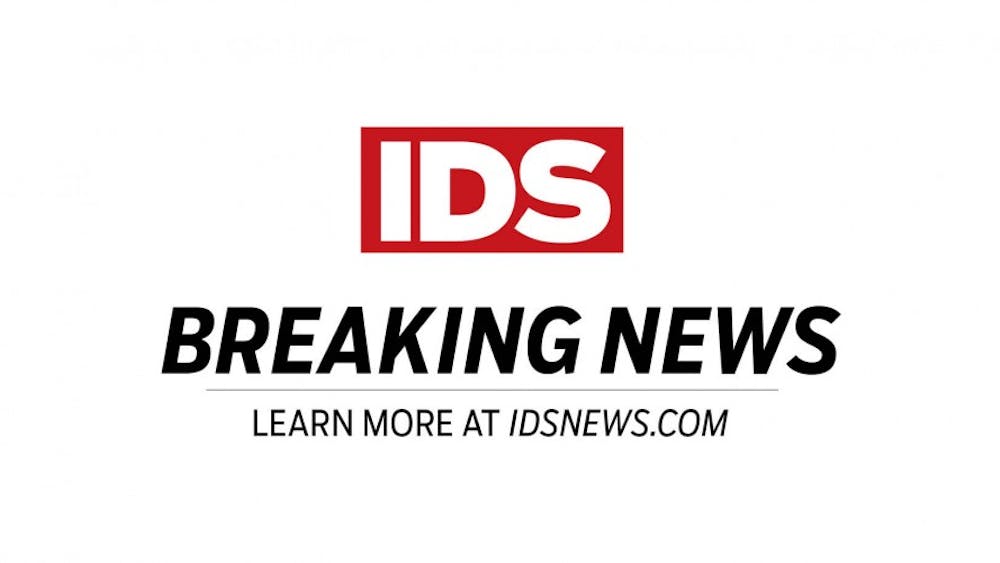WASHINGTON -- In the post-Enron business world, corporations are training employees how to be ethical just as they teach them about making a sale or balancing the books. \nIn the last three months alone, some 100 companies have hired ethics officers, a response to the rash of corporate scandals that have involved such former high-fliers as Enron, WorldCom and Global Crossing. \n"What we've seen are examples of companies with a culture of, 'I don't see anything, I don't know anything,"' said Ed Petry, executive director of the Ethics Officer Association, a group of corporate executives responsible for ethics at their companies. "People not willing to speak up, people are willing to go along. That points to a systemic failure."\nThe association counts 850 members from 500 organizations, including half of the Fortune 100 corporations, the World Bank and the New York Stock Exchange. The U.S. Olympic Committee also is a member. It hired an ethics officer after members of the Salt Lake City organizing committee were accused of providing $1 million in cash, gifts and favors to International Olympic Committee delegates who were selecting the site of the 2002 winter games. \nAlso fueling the drive to hire ethics officers: new NYSE rules requiring all companies listed on the Big Board to have ethics codes. \nEnron headed the list of corporate scandals in October 2001 when it disclosed a $618 million loss and eliminated $1.2 billion of shareholder equity. After admitting it had kept debts off its books and it had issued erroneous financial statements for years, the company went bankrupt in December. Other companies also became mired in corporate and accounting scandals, including Adelphia Communications, Global Crossing and WorldCom. \nIn response, Congress last summer enacted legislation to crack down on business fraud, tightening regulation of companies' financial reporting and providing new oversight of independent auditors. And the Securities and Exchange Commission passed new rules requiring corporate chief executives to vouch personally for the accuracy of their financial reports. \nEthics officers conduct training courses for employees, such as one on insider trading. They also respond to accusations of sexual harassment and discrimination and watch over potential conflicts of interest. And they work with auditors and boards of directors to make sure the balance sheets are accurate. \n"If you have a reputation for ethical behavior, that in today's marketplace is a competitive advantage," said Jim Berg, International Paper's director of ethics and business practice. "It engenders not only customer loyalty but employee loyalty." \nAt defense contractor Raytheon Co., a training film features Patti Ellis, vice president for business, ethics and compliance, sharing a theater balcony with movie critic Roger Ebert. The two flash thumbs-up or thumbs-down concerning certain practices, such as skimping on required tests to get a product out more quickly or making sure the company doesn't inflate the cost of labor. \nEthics officers also answer such questions as whether a vendor can take a company employee out to dinner and whether the corporation can do business with a firm that employs an executive's spouse. \nAnd like a government agency's inspector general, they welcome and investigate anonymous employee allegations of wrongdoing. \nTo be effective rather than window dressing, the ethics officer must be given a senior position, such as vice president, with visible clout and the ability to go direct to a company's president or board of directors, Petry said. \nThe first ethics officers were born of another spate of corporate wrongdoing -- the defense contracting scandal during the Reagan administration. At the end of the Justice Department probe, dubbed Operation Ill Wind, 10 defense contractors paid millions of dollars in fines for obtaining secret bidding information to win contracts. In addition, 54 corporate executives, defense consultants and government officials were convicted. \nIn response, defense contractors created ethics programs to prevent a repeat of the scandal. \nThe idea spread to other companies in the early 1990s after new U.S. sentencing guidelines for white-collar crimes said companies that established ethics programs could have their fines reduced. \nEthics officers today are looking not only at lower-level employees and middle managers, but also the company's top executives and even its board members. Among the new topics: salaries and perks given to those at the top. \n"Boards and CEOs are embarrassed by ... what has occurred," said Keith Darcy, vice chairman of the Center for Values Based Leadership, a nonprofit organization that focuses on corporate ethics. "The whole nature of executive compensation has changed. You will not see (the excesses) for a long time"
Ethics training for workers now common post-Enron
Get stories like this in your inbox
Subscribe





